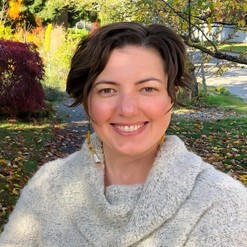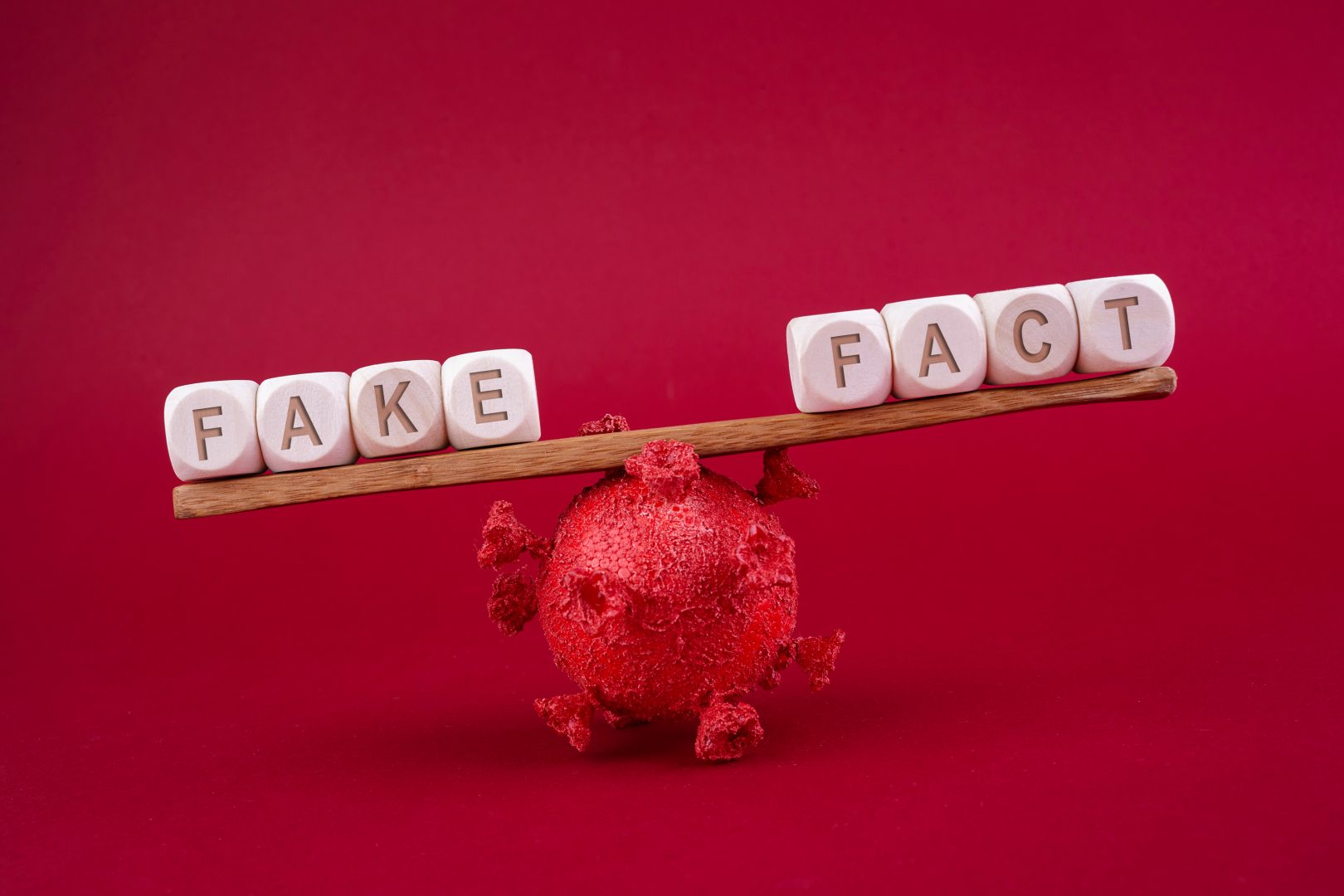Thursday, November 19, 2020
All non-fiction writing rests on a bedrock of fact. Whatever the subject, the writer must describe events, opinions, and other phenomena accurately. For science writing, that bar is even higher — and even harder to clear.
Many magazines, publishing houses, and research institutions rely on professional fact-checkers to maintain high standards of accuracy. Whether on-staff or independent, these dogged researchers do their indispensible work quietly, in the background.
Recently, however, fact-checking of another sort has leaped to the front of public discourse. At general news outlets and specialized websites such as Snopes, Politifact, and Factcheck.org, journalists act as watchdogs against misinformation, verifying or debunk the claims of influential public figures.
At this NSWA-hosted event, three expert fact-checkers pulled back the curtain to reveal how professional fact-checking works and the rising challenges these defenders of truth are facing. We heard from an independent, freelance fact-checker, another who spent 30 years on staff at Scientific American, and a third who cofounded Snopes, where fact-checking is the business.
They discussed how to work with fact-checkers, how to find training or work as a fact-checker, what liability risks fact-checkers face and what protection they can get, the relationship between fact-checking and writing and editing, and how to counter falsehoods in the public sphere.
Featured Speakers
 Emily Krieger is a fact-checker, writer, and editor specializing in science and children’s content. Emily began fact-checking at National Geographic, where she ensured accuracy in its children’s magazine, national and international geography bees, and magazine. Working as a freelancer since 2009, she has fact-checked articles for National Geographic and other publications as well as books by authors such as David Quammen, Michelle Nijhuis, and Emma Marris. Emily is also the author of more than a dozen books published by National Geographic Kids, including the award-winning Myths Busted! series. She has edited Science News articles for kids and adults, on everything from graphene to dinosaur poop.
Emily Krieger is a fact-checker, writer, and editor specializing in science and children’s content. Emily began fact-checking at National Geographic, where she ensured accuracy in its children’s magazine, national and international geography bees, and magazine. Working as a freelancer since 2009, she has fact-checked articles for National Geographic and other publications as well as books by authors such as David Quammen, Michelle Nijhuis, and Emma Marris. Emily is also the author of more than a dozen books published by National Geographic Kids, including the award-winning Myths Busted! series. She has edited Science News articles for kids and adults, on everything from graphene to dinosaur poop.

David Mikkelson is the founder of the well-known fact-checking website Snopes. He started the site in 1994 as a creative outlet for his interests, particularly around urban legends and folklore. Since then, Snopes has grown into a go-to resource for many different subjects, from science to politics.
Daniel Schlenoff, a contributing editor at Scientific American, was until recently the magazine’s senior copy editor, overseeing its fact-checking operations. He also wrote its “50, 100 & 150 Years Ago” column and is coauthor of the September article “Reckoning with Our Mistakes,” an eye-opening critique of biases and blind spots in SciAm’s 175-year history.

